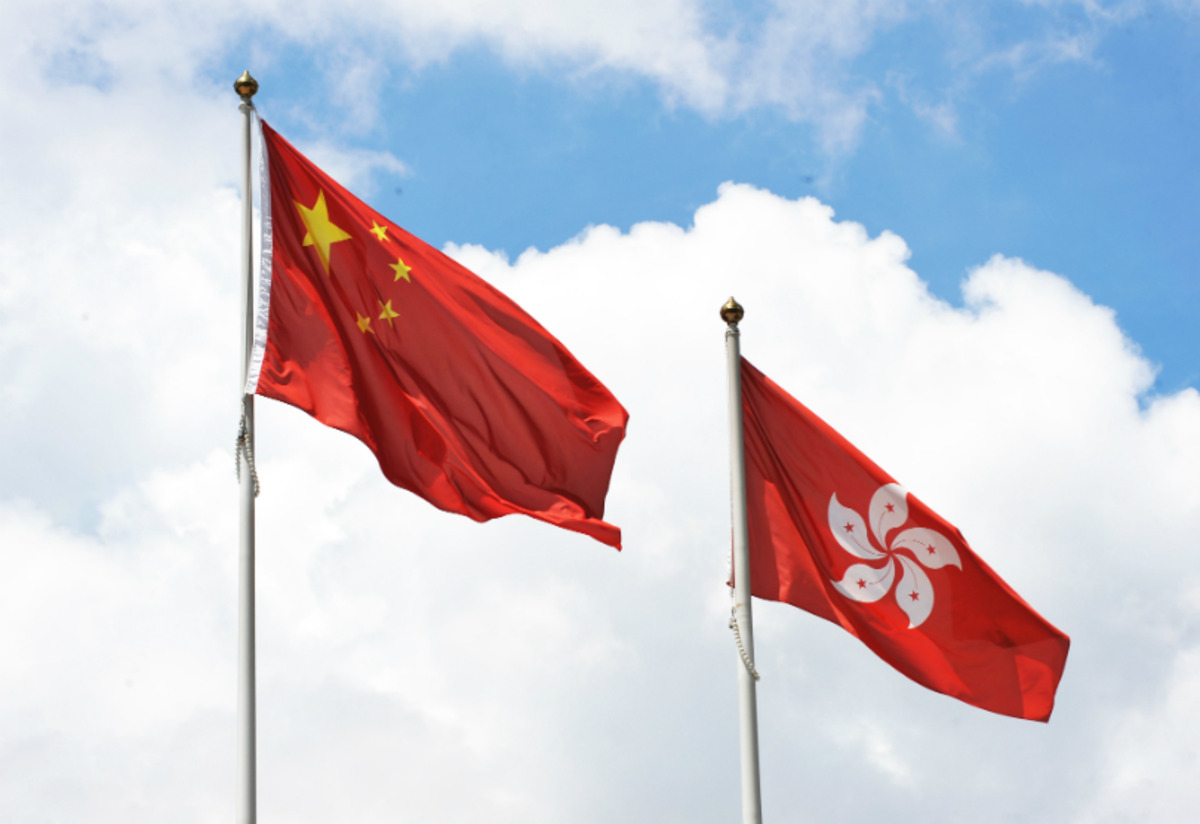Hong Kong Vision To Becoming A Crypto Hub
On Feb. 20, Hong Kong’s Securities and Futures Commission officially released a statement outlining its plan to allow retail investors to trade cryptocurrencies like Bitcoin and Ethereum. However, only exchanges that are licensed by the agency will be able to facilitate the same. Investor protection is one of the key focus areas of the SFC, and exchanges will have to be wary of the exposure limits, risk profiles, etc.
The special administrative region remains committed to becoming a crypto hub, and its intention of opening doors for retail traders seems to be a huge leap in that direction.
Now, a recent Bloomberg report has brought to light the fact that China is allegedly backing Hong Kong’s vision of becoming a crypto hub.
According to the report, officials from China’s Liaison Office have been “frequent guests” at Hong Kong’s crypto gatherings. Citing unnamed sources, Bloomberg highlighted that their encounters have been “friendly.” Furthermore, sources said that officials have been checking on developments, asking for reports, and in some cases, making follow-up calls.
Nick Chan, a National People’s Congress member, and a digital assets lawyer, told Bloomberg,
“As long as one doesn’t violate the bottom line, to not threaten financial stability in China, Hong Kong is free to explore its own pursuit under ‘One Country, Two Systems.’”
China to catch up with Hong Kong?
It is worth recalling that China called for a crypto crackdown on trading in 2021. Lately, slight relaxations pertaining to the development of blockchain technology and NFTs have been announced.
However, owing to concerns about consumer protection, money laundering, and environmental damage from the energy consumed by Bitcoin mining, Bloomberg reported that Beijing is unlikely to reverse its ban. He Yihan, founder and CEO of state-backed blockchain firm Red Date Technology, said,
“As long as it’s still under the Party’s control, there will be no U-turn on China’s crypto policy. It does no good to the real economy.”

